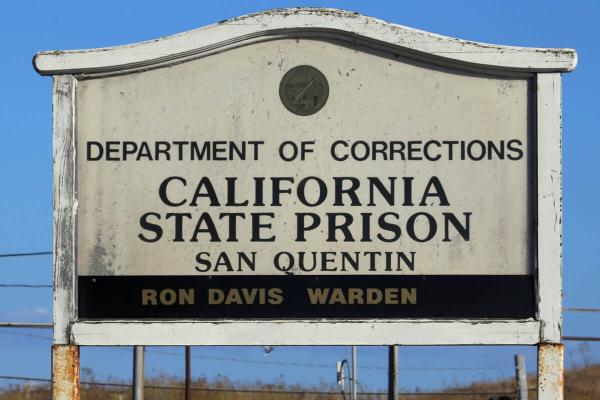ON JUNE 29, death penalty abolitionists gathered for a four-day fast and vigil on the steps of the Supreme Court. The fast began on the anniversary of the 1972 decision that struck down the death penalty as unconstitutional and ended on the anniversary of the court’s 1976 decision to reinstate it. These activists serve as witnesses to the full arc of the political climate in which the death penalty exists in the United States.
There were signs a year ago that the death penalty in the U.S. was on its last legs. More recently, capital punishment is resurging, a shift fueled by politicians projecting fear on an anxious public. But there is hope.
Last year ended with the fewest number of executions in a quarter century—and the fewest number of people sentenced to death in modern U.S. history. Public opposition to the death penalty has greatly increased. A 2016 Pew Research Center report shows opposition to the death penalty is now the highest it has been since 1966; support for the death penalty is now below 50 percent, its lowest in more than four decades. Americans are demanding that the inherent dignity of the human person be respected.
However, a perilous undercurrent has developed as politicians are using the death penalty for political gain. In Florida, Gov. Rick Scott issued a series of executive orders in April to remove 21 first-degree murder cases from State Attorney Aramis Ayala (the only African-American elected prosecutor in Florida) and transfer them to another state attorney after Ayala announced that her office would not pursue the death penalty in murder prosecutions. Ayala’s spokesperson said that Ayala’s position remains that “the governor is abusing his authority and has compromised the independence and integrity of the criminal justice system.”
In Arkansas, fueled by the expiration date of a lethal injection drug, Gov. Asa Hutchinson signed orders for an unprecedented eight executions to be carried out over 10 days in April. In Alabama, Gov. Kay Ivey in May signed into law a statute designed to shorten the state death-penalty appeals process, which critics say will hamper due process.
Despite the growing public opposition to the death penalty, political leaders are using capital punishment—which often disproportionately ensnares those who are Latino or African American, poor, intellectually disabled, or mentally ill—to exploit partisan divisions. They are using as scapegoats those whom the death penalty arbitrarily and unfairly targets.
Have we become so complacent in our faith that we have forgotten the power of Christ’s death and resurrection? The immense sin of scapegoating is revealed in Jesus’ crucifixion, which provides a prime example of the lengths to which political leaders will go to maintain power.
If we are to fulfill our call to be disciples of Christ, then we must resist, like the death penalty abolitionists at the Supreme Court. We must not let the strides we have made in defense of life be overtaken by politically motivated fear—or let our political leaders use the death penalty as a tool for their own agendas.

Got something to say about what you're reading? We value your feedback!

